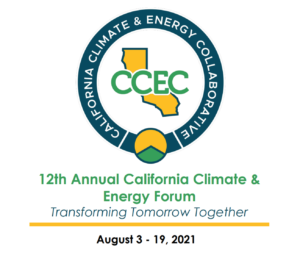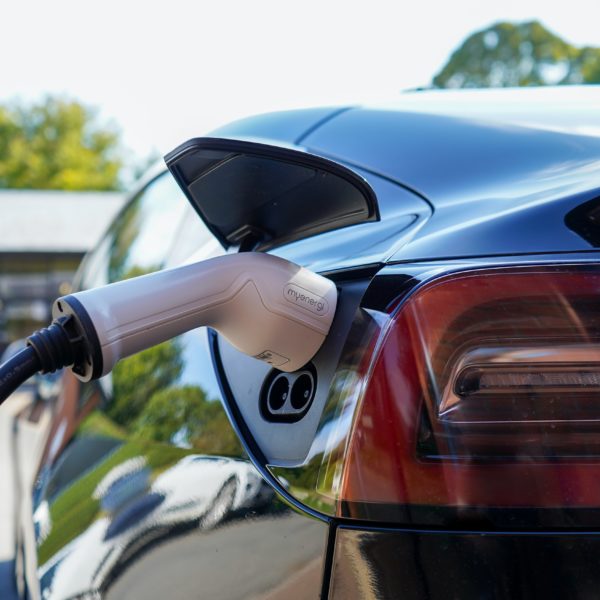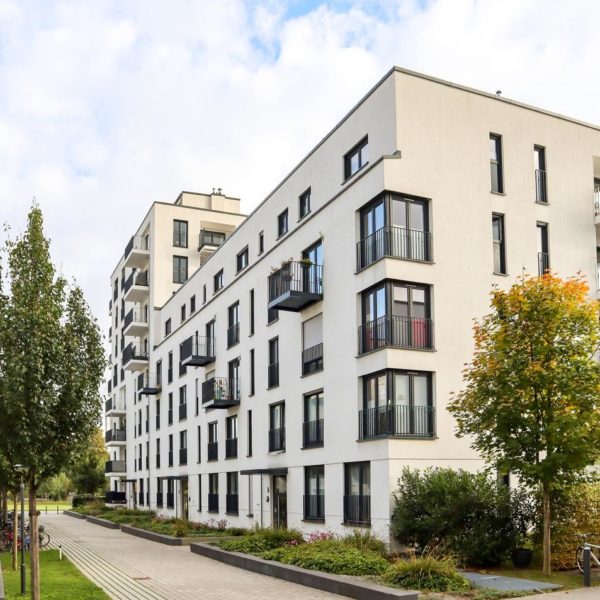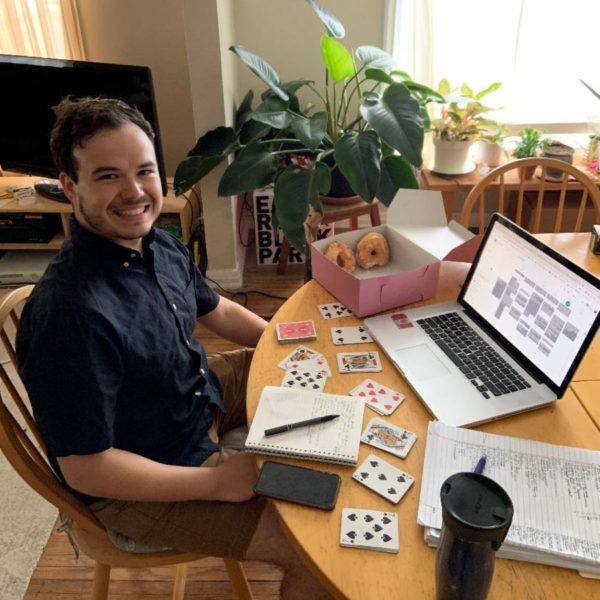The 12th Annual CCEC Forum is done. What did we learn and what do we do now?
 Almost 600 people registered to participate in the 12th Annual CCEC Forum, which took place over three weeks in August 2021. The 20 sessions focused on this year’s forum theme “Transforming Tomorrow Together: weaving recovery, equity, and public health into local energy and climate work.” In the planning of the Forum, organizers and advisors were clear that they didn’t want to marginalize important topics like equity into its own tract, but rather to showcase how local organizations are integrating these priorities meaningfully into their energy and climate work, from implementing EV infrastructure to designing reach codes. If you missed any of the sessions, we encourage you to watch the recordings and check out the CCEC Best Practices Database, which was populated with over 60 new best practices and case studies shared during the Forum.
Almost 600 people registered to participate in the 12th Annual CCEC Forum, which took place over three weeks in August 2021. The 20 sessions focused on this year’s forum theme “Transforming Tomorrow Together: weaving recovery, equity, and public health into local energy and climate work.” In the planning of the Forum, organizers and advisors were clear that they didn’t want to marginalize important topics like equity into its own tract, but rather to showcase how local organizations are integrating these priorities meaningfully into their energy and climate work, from implementing EV infrastructure to designing reach codes. If you missed any of the sessions, we encourage you to watch the recordings and check out the CCEC Best Practices Database, which was populated with over 60 new best practices and case studies shared during the Forum.
During the Forum Closing Plenary, local leaders reflected on Forum takeaways and what is on the horizon for local energy and climate professionals. Speaker Alejandra Tellez of the County of Ventura and 3C-REN was pleased to see so many examples of collaboration between departments that haven’t always worked together on energy and climate issues, including public health, housing, and emergency management. She was happy to see so much out-of-the-box thinking from local governments as well as many Environmental Justice organizations and Community Based Organizations who presented at this year’s Forum. LGC Executive Director, Kate Wright suggested that promising best practices that can help local governments tackle urgent climate goals in the next couple of years include clean mobility, building decarbonization, and urban greening. She was particularly inspired by Berkeley’s equitable electrification plans for its ability to target disadvantaged populations. Jenny Berg from BayREN is excited about a future where there is greater acceptance for telework to reduce vehicle miles traveled, a stronger connection between energy and health, and continued creativity and innovation from local governments. Angie Hacker, the Statewide Best Practices Coordinator, noted that the Forum signaled that siloes are beginning to be broken down and that support organizations are helping to lift the burden off local governments in important ways. She also is excited that the State is rethinking how we measure the cost effectiveness and success of our programs. Attendees remarked on promising innovations shared at the Forum such as the use of geodata to the layer energy system needs with other community needs, and community resilience hubs that are designed to integrate health and equity. Attendees and speakers also shared challenges in 2021 and beyond, such as balancing multiple priorities ranging from COVID response to wildfire, while managing capacity to go after unprecedented new funding opportunities.
The Closing Plenary wrapped up with a discussion of how CCEC can best meet local needs in the future. CCEC of course does much more than just host the Forum, including other educational events and networking opportunities, technical assistance, best practices gathering, and industry updates. Most recently, CCEC launched a new Funding Resources webpage designed to help local practitioners identify ways to pay for their climate and energy initiatives. Attendees noted that information on funding opportunities was a key need for the future.
With that feedback in mind, CCEC is launching monthly Local Energy Resources Network (LERN) meetings every second Tuesday from 11am – 12pm to exchange knowledge, resources, input, and opportunities to help California local governments pursue their energy and climate goals. California local governments and those who work with them on energy and climate goals are welcome to participate in these interactive, 1-hour meetings. Meetings will feature roundtable peer announcements, a review of timely assistance opportunities, featured speakers who will share information and solicit feedback on relevant funding and other assistance opportunities. Moderated by the Statewide Best Practices Coordinator, this event will also conclude with a 10 minute “ask the BPC” to submit requests for help identifying energy or climate information or support that can help you pursue your goals. Register today for the kickoff LERN meeting featuring CARB Speakers on October 12, 2021 from 11:00am to 12:00pm!
Local Government Commission Newsletters
Livable Places Update
CURRENTS Newsletter
CivicSpark™ Newsletter
LGC Newsletters
Keep up to date with LGC’s newsletters!
Livable Places Update – April
April’s article: Microtransit: Right-Sizing Transportation to Improve Community Mobility
Currents: Spring 2019
Currents provides readers with current information on energy issues affecting local governments in California.
CivicSpark Newsletter – March
This monthly CivicSpark newsletter features updates on CivicSpark projects and highlights.



